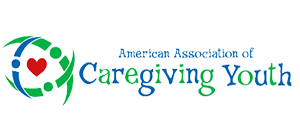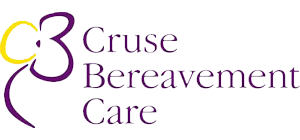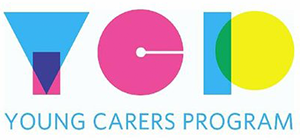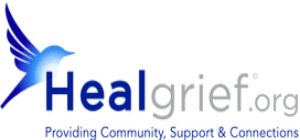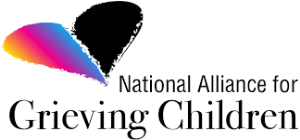 myCSUSM
myCSUSMYouth (14-17)

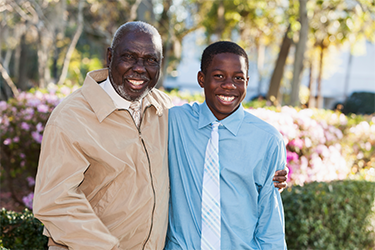
Have you been searching the internet, looking for help because someone in your family is sick? It might be your mom, dad, brother, sister, or someone else you care about. It could be that the person you love got sick suddenly, or it has been going on for a long time.
Or, you could be dealing with a mental illness in your family. Someone you love might be depressed, suffer from anxiety, or have some other mental challenges. Or, could it be that someone in your family has a problem with alcohol or drugs, and this is making life difficult? Perhaps your loved one died, and you are hurting inside, struggling to deal with your loss.
It is hard to focus on other things and be happy when you are worried about other people you love or you are missing someone who has died. But there are things you can do to feel better, and people you can talk to. We created this website to help you find the help you need.
Resources
Each experience is different. Click the buttons below to be lead to resources for each scenerio listed.
People Who Can Help You
Parents
Parents are the people that we are most likely to turn to when we are dealing with serious issues such as health, substance use/abuse, and death. They can be sources of information, comfort, and support. But sometimes, it is your parent that you are worried about. Your mom or dad may be the person who is ill or has died, and your remaining parent may be having a tough time, as well. In these cases, you may want to reach out to others.
Teachers and Counselors
Some of the best resources can be found by talking with trusted adults. This often means contacting a teacher that you connect with, or perhaps talking with your school counselor. Both teachers and counselors are trained to work with students, not only helping students to learn in the classroom but also helping them to deal with challenges that come up in daily life. Even if your teacher or counselor doesn't have the answers to your questions, they can help you to find people who will. It all starts with a conversation -- and all you have to do is ask for help.
Other Adults
You probably have other adults that you interact with throughout your day. It might be a coach or a teacher who is an advisor to a club you are in. It could be a neighbor or one of your friend's parents. Or you might be active in an organization outside of school, such as recreational sports, theater, or boy/girl scounts, and there is a leader that you feel close to. You might even be a member of a faith community that provides opportunities for young people to work with adult mentors, and you have made a connection with that person. Think about the important adults in your life, people whom you trust and who make you feel safe. These adults should not be asking you to do things to help them, or putting you in situations that put you at risk or make you feel uncomfortable. If you don't know of any adults who fit this description, ask a school counselor to help you to identify people who can provide guidance that is best for you.
Ask Us
You may have some questions about your caregiving situation, or how to cope with the death of a loved one. We have provided a way for you to send questions to us anonymously -- we won't know who you are. We will post our responses on a weekly basis on our FAQ page. This way, you can get information that will help you and your family. We also encourage you to look at the resources, listed below. These are all organizations that can help young people coping with the mental/physical illness, substance abuse, or death of people they love.








